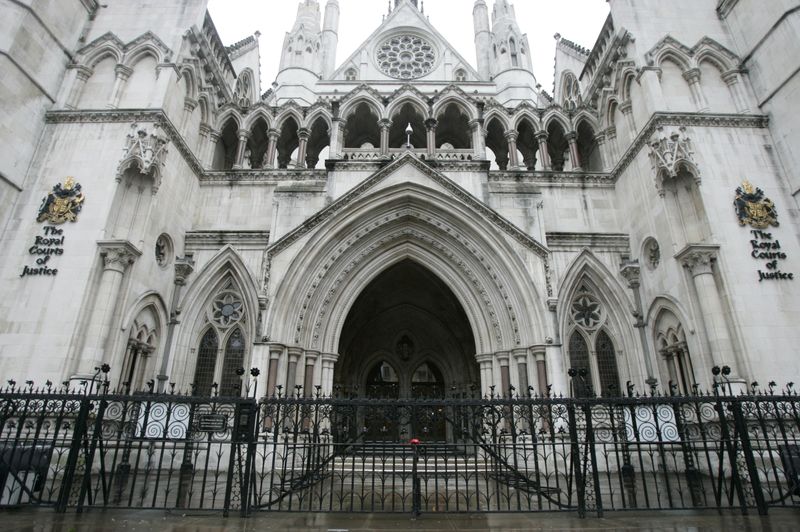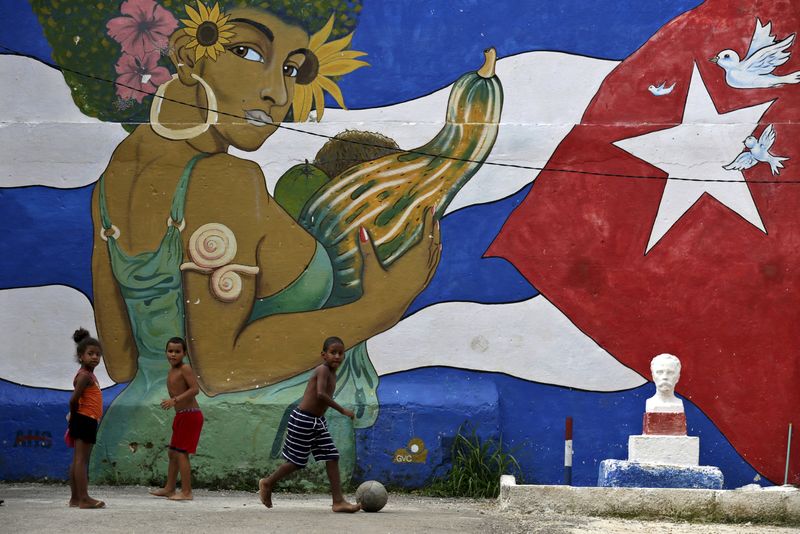LONDON (Reuters) - The Cuban government won a ruling on Tuesday that London's High Court has no jurisdiction to hear a lawsuit brought by a creditor over unpaid loans, though the case can continue against Cuba's former central bank.
Investment firm CRF I Ltd filed a lawsuit against Cuba and its former central bank Banco Nacional de Cuba (BNC) in 2020, over two loans of 72 million euros ($78 million) that were originally granted to Cuba by European banks in the 1980s.
Havana argued at a hearing in January that the High Court had no jurisdiction to hear the case brought by CRF, a Cayman Island-registered company.
Judge Sara Cockerill ruled on Tuesday that the High Court had no jurisdiction to hear the case against Cuba, but did in relation to the case against BNC.
Summarising her decision at a brief hearing on Tuesday, Cockerill said: "CRF has been successful against BNC … at the same time, it has lost as against Cuba."
The ruling only concerns whether the lawsuit can proceed in London. CRF's case is now expected to continue, subject to any application for permission to appeal against the decision.
The case will be keenly watched by other creditors who have struggled to recoup around $7 billion of sovereign debt from Cuba.
CRF's chairman David Charters said in a statement: "CRF remains committed to finding a solution with Cuba that has (had) zero impact on its budget for at least five years, recognising the difficult economic situation the country is facing."
Charters added: "BNC was the central bank of Cuba and remains responsible for managing these unpaid Cuban debts.
"Cuba won a technical point in this judgment which we have already remedied and we do not expect this issue to impact the eventual final outcome, which is a complete victory for CRF."

Cuba's state-run media hailed the ruling as a victory for the communist-run country. CubaDebate, a state-run media outlet, reported that "the Republic of Cuba is out of the lawsuit".
The report noted that the judicial process would continue forward against BNC.
